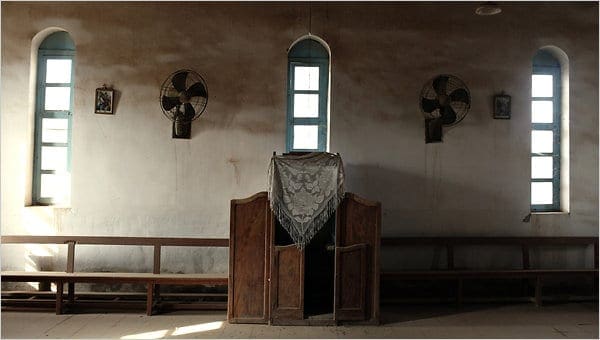I was thinking the other day about the idea of confession of sins. Confession is not something we teach or talk about much in the evangelical church, and many of us probably don’t discuss it much with our children, either. Confession of sins conjures up images of people sitting in a booth in a church, incense and candle smoke wafting, spilling their transgressions to a priest. That is a very important part of confession for some faith traditions, but for others of us, confession seems so foreign.
But, like so many things in our faith, I have to be really, really careful that I don’t let this wonderful free gift of grace that I’ve been given through Christ confuse me into thinking that things like confession aren’t absolutely vital to my walk with the Lord, that somehow the fact that Christ has already paid for my sin means I don’t need continual confession and forgiveness. If we spend so much time reveling in our freedom that we forget our relationship, we are guilty of embracing what Dietrich Bonhoeffer called “cheap grace”
Cheap grace means grace sold on the market like cheapjacks’ wares. The sacraments, the forgiveness of sin, and the consolations of religion are thrown away at cut prices. Grace is represented as the Church’s inexhaustible treasury, from which she showers blessings with generous hands, without asking questions or fixing limits. Grace without price; grace without cost! The essence of grace, we suppose, is that the account has been paid in advance; and, because it has been paid, everything can be had for nothing. Since the cost was infinite, the possibilities of using and spending it are infinite. What would grace be if it were not cheap?…
Cheap grace is the preaching of forgiveness without requiring repentance, baptism without church discipline, Communion without confession, absolution without personal confession. Cheap grace is grace without discipleship, grace without the cross, grace without Jesus Christ, living and incarnate. “The Cost of Discipleship”
As Bonhoeffer says, part of the problem with embracing cheap grace, including cheapening acts of obedience like confession, is that by doing so we commoditize our faith, meaning that we turn it into a transaction, rather than a relationship. Luther was right; what Christ did for us is a Great Exchange: Christ takes upon Himself our sin, and gives us His righteousness. But, just because it’s an exchange doesn’t mean it’s a contract, or a deal, or a “you do this for me, and I’ll do that for you” kind of thing. Rather, it’s the Creator of the universe, the Author of life and space and time, looking down on you in your wretched and desperate and wicked and rebellious state, and saying, “I love you, and nothing is too good for you, not even the life of My own Son, who is more precious to Me than anything. And, since that’s what it will take to rescue you from death and to bring you back to Me, then that’s what We’re going to do.”
It is not a transaction. And, it is not cheap. It is a fiery, intense, severe, passionate, love. For you. And, it cost everything. And, it’s worth everything.
That’s why confession is important, why John says, if we confess our sins, he is faithful and just and will forgive us our sins and purify us from all unrighteousness. It is true that confession doesn’t affect our eternal state with the Lord. Once we’re cleansed by Christ’s blood, once we accept His provision for our sin on the cross and repent, we are saved. His blood covers all our sin, past, present, and future, once and for all. Instead, forgiveness is about the relationship.
If my daughter wrongs me, or hurts my feelings, or betrays me, she doesn’t stop being my kid. I don’t stop loving her. She is still my heir, still part of my family. Her positional state in my household doesn’t change. But, our relationship has been strained. She has hurt me, offended me. It will affect our conversations, our home life, everything about how we relate to each other until we get that resolved, until she seeks my forgiveness. Even if I forgive her without her seeking it, she still needs to seek it, and there will be something missing until she does.
That’s why confession is important, and that’s why we have to help our children understand. Our sin hurts the heart of God, is an offense to Him, even though He has already provided for it. Our sin undermines our intimacy with Him, and the only way to really restore that intimacy is to confess our sin, to seek forgiveness, and to return to Him. In this sense, confession really is good for the soul. It also honors the One who gave Himself for us. As Bonhoeffer says, “Above all, [grace] is costly because it cost God the life of his Son: ‘ye were bought at a price,'” and what has cost God much cannot be cheap for us.

Leave a Reply